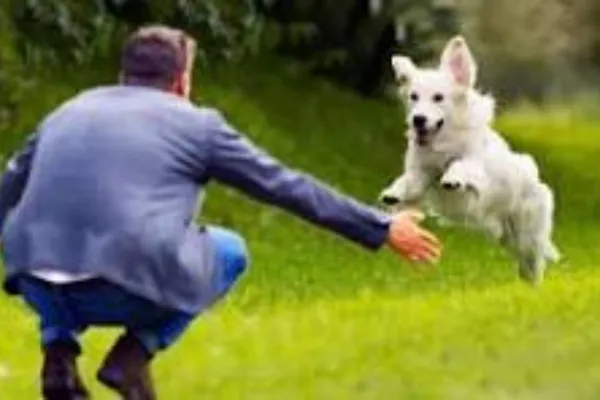
Four Minutes Instead of Four Months
When I read about Pompeii's reunion after four months of separation, my heart broke for what that family endured. Four months of not knowing. Four months of wondering if she was cold, hungry, scared.
Four months of hoping every phone call might be the one.
If you haven't seen the story, Pompeii was a dog who went missing and ended up at the Humane Society of Parkersburg, West Virginia. The shelter temporarily named her Pompeii, not knowing her real identity. When her original family saw the reunion video posted on Facebook, they immediately recognized their beloved pet and made an urgent call to the facility.
Behind that heart-warming reunion video lies a family's nightmare that no pet owner should have to experience. And the devastating truth is, it didn't have to happen.
The Brutal Reality Behind Heart-warming Stories
Pompeii's story represents a lucky minority. In South Africa, roughly one-third of lost pets are reunited with their owners, meaning about two-thirds become homeless. The State of Pet Homelessness Project reports that around 33% of dogs and 32% of cats are found and returned.
The rest contribute to South Africa's 4 million stray animals.
The current pet recovery system runs on hope, not data. Missing pet flyers depend on chance encounters. Social media posts rely on strangers caring enough to share. Microchips only work if someone finds your pet and takes them to a scanner.
These are reactive solutions to a proactive problem.
I've seen the desperate Facebook posts and weathered flyers on street poles. Behind each one is a family living through their worst fear. The not knowing becomes its own form of trauma.
What Could Have Been Different
Imagine if Pompeii's family had received an alert the moment she left their yard. Instead of four months of anguish, they could have known exactly where she was within minutes.
No frantic searching. No sleepless nights wondering if she was safe. No weathered missing pet posters becoming symbols of hope fading.
The technology to prevent this heartbreak exists today. Real-time GPS tracking can turn the nightmare of a lost pet into a brief scare with a happy ending.
The Heart-breaking Reality of "It Won't Happen to Me"
I understand the hesitation. "My pet has never run away." "It feels like overkill." "I already have a microchip." These aren't objections, they're hope speaking.
A vast majority of pet owners are completely caught off guard when their pet goes missing. Most escapes happen just once, and they're always unexpected.
Microchips require someone to find your pet and take them to be scanned. Only about half of the pets with microchips make it back home, compared to 2.2% without them.
GPS tracking means you find them yourself, before anyone else needs to.
Technology as Emotional Protection
The goal isn't to create dependence on technology. It's to remove the fear that haunts every pet owner.
When you sense something's wrong, you can know immediately instead of wondering. When your dog bolts after a squirrel, you find them in minutes instead of posting desperate pleas on social media.
This isn't about replacing intuition. It's about protecting the bond you've built with peace of mind.
Because loving an animal means accepting the responsibility to keep them safe.
The Future Pompeii Deserves
Every reunion story like Pompeii's should break our hearts for what that family endured. Four months of wondering if they'd failed their pet. Four months of guilt and sleepless nights.
No family should have to experience that trauma when the technology to prevent it exists today.
Real-time GPS tracking can't replace the love between pets and families. But it can protect families from the devastating experience of not knowing.
Because in a world where nearly 4 million stray animals roam South Africa, prevention isn't just smart. It's an act of love for the animals who depend on us completely.


